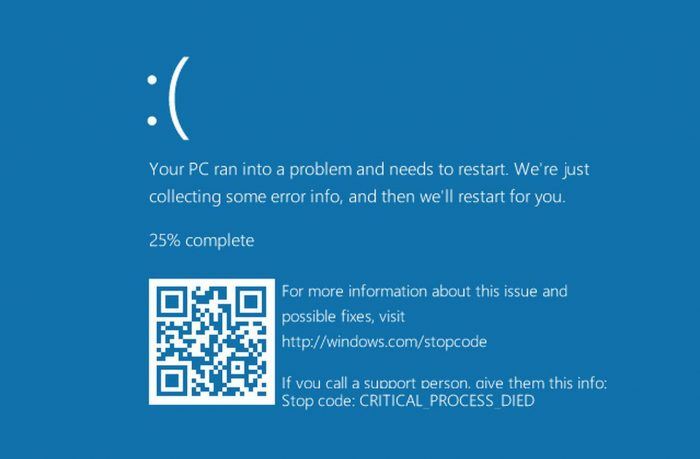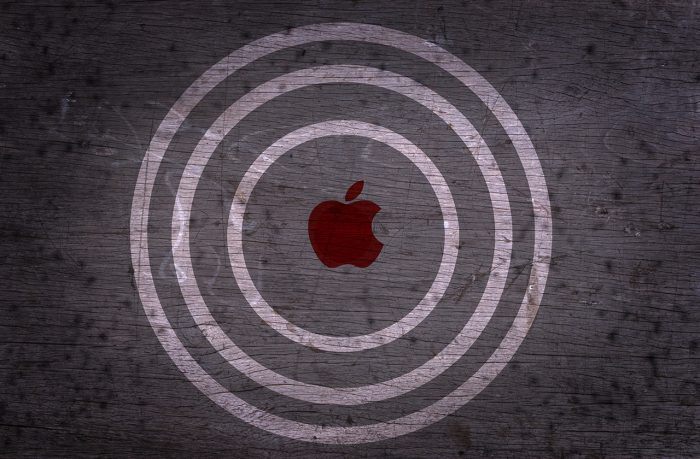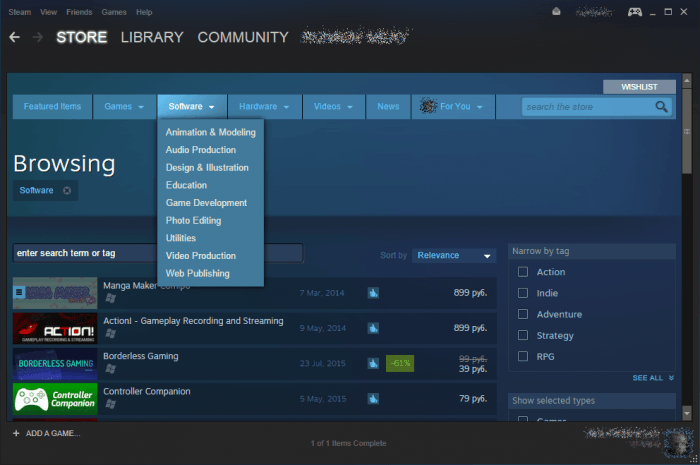
Free virus removal tool from Kaspersky Lab
Free Kaspersky Virus Removal Tool helps cleaning up PCs, which have no antivirus installed.
439 articles

Free Kaspersky Virus Removal Tool helps cleaning up PCs, which have no antivirus installed.

CryptXXX ransomware encrypts files, steals data and bitcoins. Sounds serious, but we have a solution!

Windows is in the process of rolling out new changes to the fabled BSOD (‘Blue Screen Of Death’) which could have security implications.

USA and Canada governments are fed up with the tyranny of ransomware. Experts from both countries analyzed the latest incidents and released an advisory for their citizens.

A pirate app store that has tricked Apple and passed its code review is now stealing user’s credentials using FairPlay Man-in-the Middle attack.

A new MaaS malware hits gamers and businesses.

The average American’s data has been stolen several times. Now when it’s done, what would a cybercriminal do next? We have discussed it at RSA Conference 2016.

Does your use of social media make you a liability to your company?

Sooner or later each user of the internet will face a trick or trap. Here’s the list of the most widespread ones. Forewarned is forearmed!

The SAS 2016 has come and gone. Here’s a look back on the top 10 Tweets from the conference to relive the magic.

At The SAS 2016, Kaspersky Lab researchers discussed the newly discovered Poseidon Group. A custom APT boutique chasing commercially valuable data

At SAS 2016 our GReAT experts talk about a Java-based multi platform malware used by hundreds of cybercriminals for a handful of purposes

Kaspersky Lab discovered a new banking trojan called Asacub, which had evolved from a simple phishing program into a nearly ultimate threat.

The modern rail system is basically a network of hundreds of different, but interconnected computers. Are these systems flawless security-wise?

A system integrator discovered a virus lurking in a policeman’s body camera


Public Wi-Fi networks provide Internet access and 100500 ways to you’re your data to cybercriminals. What can you do to protect yourself?

People encrypt their communications so strongly that governments cannot access it when there is a need. Is it really bad?

Here are some simple yet effective ways to protect your files from infection by ransomware.

Kaspersky Lab has recently conducted an unusual research and proved that many users hardly care about security. Here is the reason to create reliable passwords for all of your accounts.

Cellular networks are not that hard to hack and it is almost impossible to protect them. Telcos are not ready to take responsibility and spend millions of dollars to secure their clients.